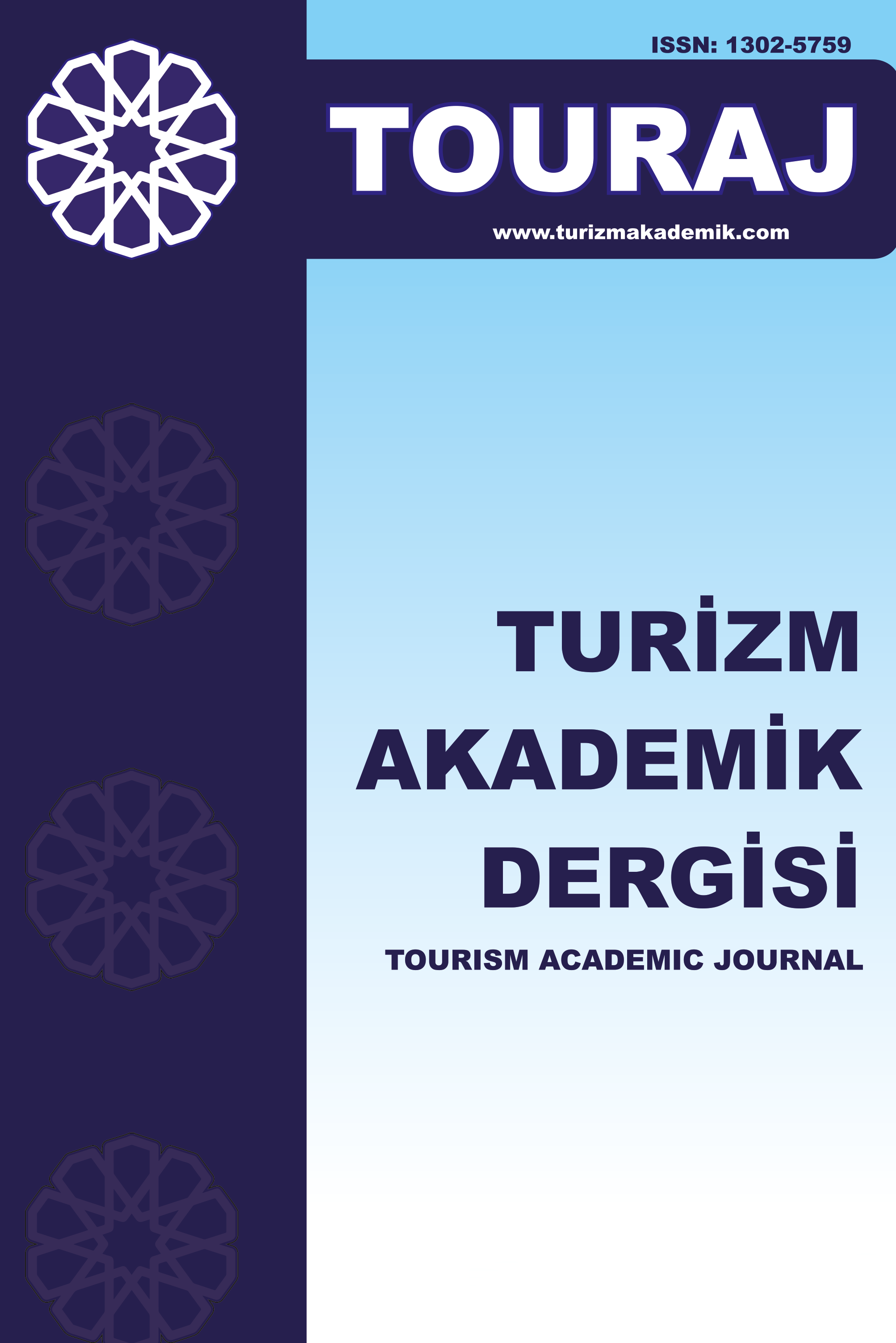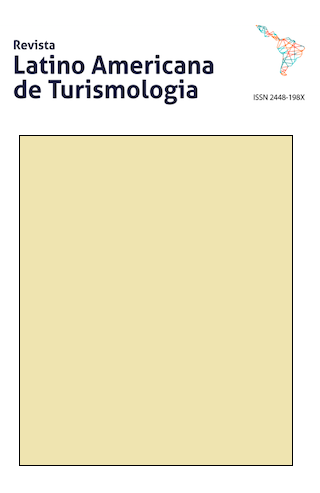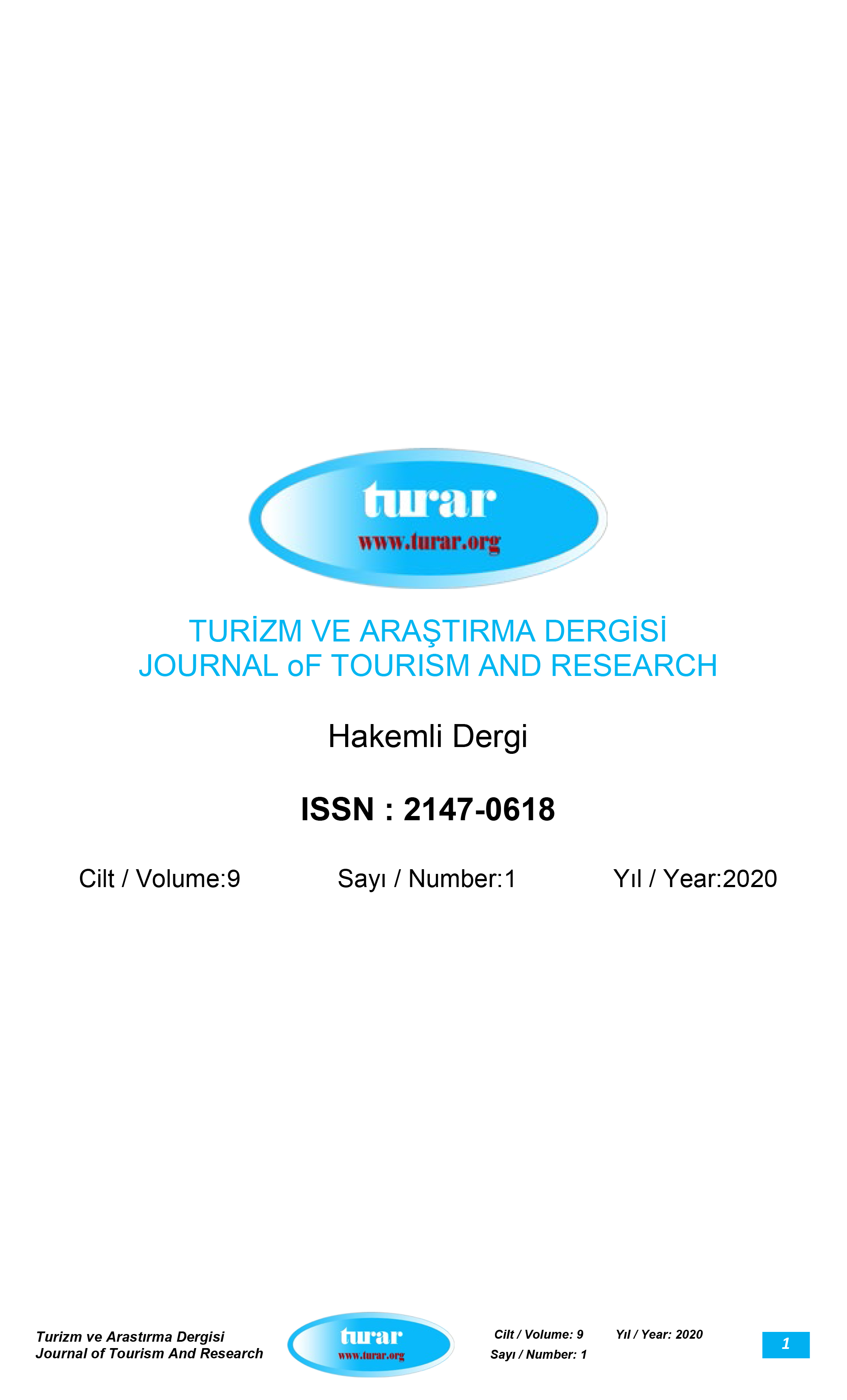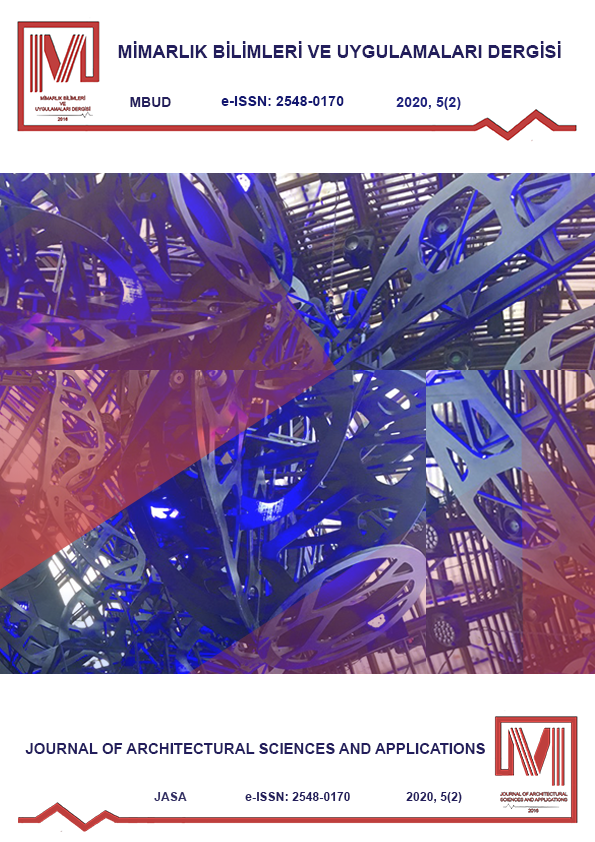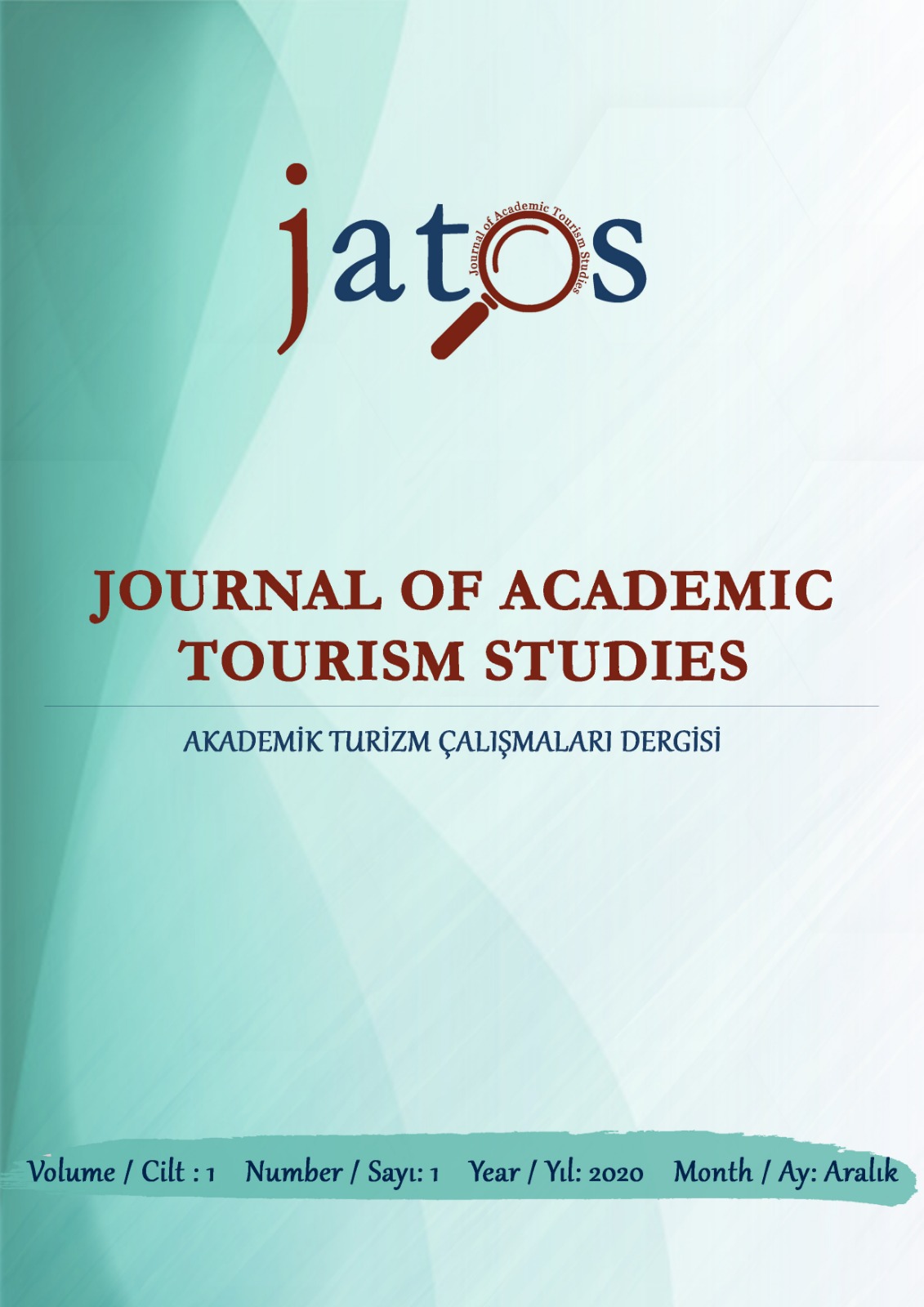|
Description:
|
 
Aim and scope: The International Journal of Contemporary Tourism Research (IJCTR) is a peer-reviewed international journal published in English and Turkish. It aims publishing high quality research studies in all related areas of tourism, including economics, business, management, history, geography, sociology, social psychology, ethics, etc.
The scope of IJCTR encompasses theoretical, empirical or policy oriented research articles, original research reports, reviews, scientific commentaries in the fields of tourism including both controversial and innovative ideas and detailed contributions from other directly related fields such as econometric, economic development, trade and the environment and political economy.
Manuscripts are reviewed in an unbiased manner, receiving prompt attention by the editorial office and its referees. After a preliminary assessment of the suitability of the paper by the Editors, any paper will follow a double-blinded peer review process. The goal of the Editorial Office is to provide the referees' reports, and the final decision, within ten weeks since submission.
The whole process will be handled by the Editors, to whom all inquiries should be addressed. Articles for consideration should be submitted using the online submission form. Submissions through e-mail will not be considered. Submission is electronic only.
The IJCTR is committed to keeping the content of all submissions confidential until the publication date. Although we make every possible effort to ensure reviewers honor their confidentiality commitments, we cannot be held responsible for the conduct of reviewers. Reviewers should be aware that it is our policy to keep their names confidential, and that we do our utmost to ensure this confidentiality.
The IJCTR is committed to upholding the highest standards of publication ethics and takes all possible measures against any publication malpractices. All authors submitting their works to the IJCTR for publication as original articles attest that the submitted works represent their authors' contributions and have not been copied or plagiarized in whole or in part from other works. The authors acknowledge that they have disclosed all and any actual or potential conflicts of interest with their work or partial benefits associated with it. In the same manner, the IJCTR is committed to objective and fair peer-review of the submitted works and to prevent any actual or potential conflict of interests between the editorial and review personnel and the reviewed material.
IJCTR's general principles of specified purposes are listed below:
IJCTR publishes biannually.
IJCTR publishes in Turkish and English.
Scientific articles are published and empirical (practical/experimental) researches are given priority in the journal.
The responsibility of opinions expressed in articles entirely belong to the authors
The studies submitted to IJCTR for publications must not be published in other journals before.
The studies submitted to IJCTR should be prepared by entirely obeying the scientific ethics rules.
All copyrights related to publish articles belong to the journal.
Copyright fees or any other payments under another name are not paid to the authors for their articles.
The authors who submit studies to the journal are considered as agreed not to demand this kind of claims.


Last Issue
-
International Journal of Contemporary Tourism Research,Year 2023Volume 7Issue 2
Dec 29, 2023 | 00:00 am
The aim of this study is to evaluate the potential of artificial intelligence technologies in tourism marketing and understand the patterns used in holiday recommendations. In this context, the artificial intelligence language model ChatGPT, developed by OpenAI, was utilized to[…]
Read more...
-
International Journal of Contemporary Tourism Research,Year 2023Volume 7Issue 2
Dec 29, 2023 | 00:00 am
The Dark tourism is defined as visiting destinations such as battlefields, cemeteries, monuments and natural disaster sites that bear the traces of the past and history, where tragic events experienced by societies have taken place. It is known that the[…]
Read more...
-
International Journal of Contemporary Tourism Research,Year 2023Volume 7Issue 2
Dec 29, 2023 | 00:00 am
As an alternative mode of mobility, cycling plays a significant role in the economic, cultural, and social development of recreational areas. The study investigated the smart city expectations of leisure cyclists who closely follow and utilize technological advancements as a[…]
Read more...
-
International Journal of Contemporary Tourism Research,Year 2023Volume 7Issue 2
Dec 29, 2023 | 00:00 am
Metaverse is a virtual universe where the real world and the virtual world come together using virtual reality and augmented reality technologies. Metaverse has the potential to revolutionize the tourism industry. Metaverse stands out as an application that can make[…]
Read more...
-
International Journal of Contemporary Tourism Research,Year 2023Volume 7Issue 2
Dec 29, 2023 | 00:00 am
Tourism activities offer various opportunities for individuals to separate from their routine lives and have enjoyable experiences. Destinations can also have significant attractions for individuals with their touristic products. The research was conducted to reveal the potential of Cunda Island[…]
Read more...
-
International Journal of Contemporary Tourism Research,Year 2023Volume 7Issue 2
Dec 29, 2023 | 00:00 am
Nowadays, e-commerce is ubiquitous across various industries, encompassing the marketing of numerous products and services, including tourism services. Global travel agencies have embraced the provision of personalized customer service online. In this context, the aim of the study is to[…]
Read more...
-
International Journal of Contemporary Tourism Research,Year 2023Volume 7Issue 2
Dec 29, 2023 | 00:00 am
Online reviews have a significant impact on various aspects of consumers’ lives, and one area where online reviews hold considerable influence is in consumers’ restaurant choices. Platforms that allow online reviews and star ratings about restaurants have become the most[…]
Read more...
|








